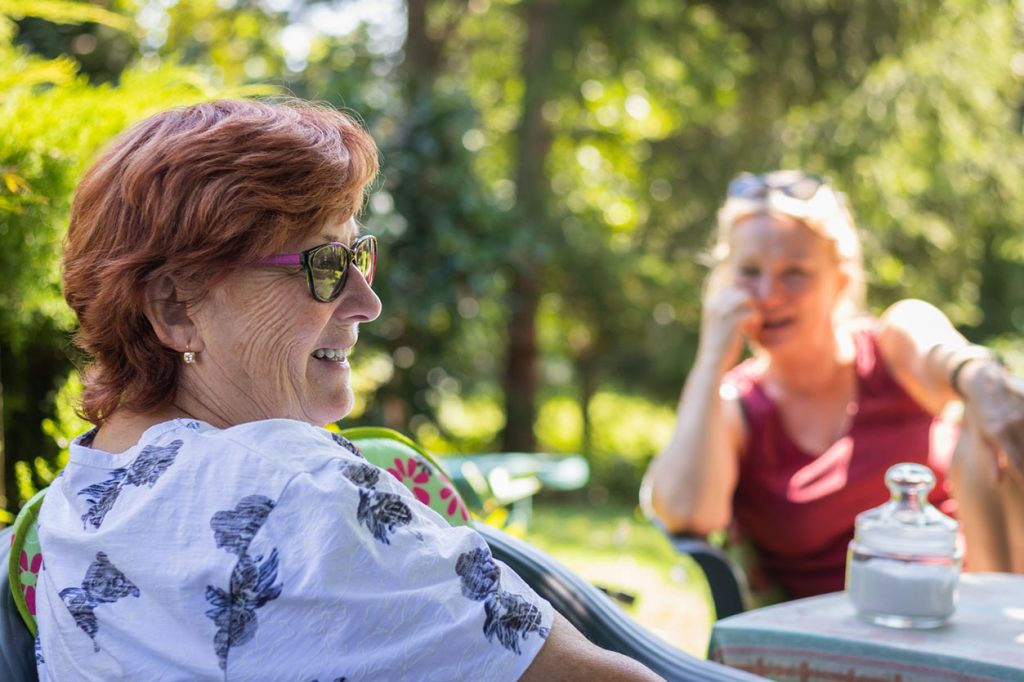Misconceptions disconnecting older Aussies from support

Misconceptions about the causes and impact of brain injury can be damaging and stop older Australians from seeking the support they need. Ageing Australians do not need to struggle in silence. In this article we break down some of the misconceptions and let people know there is support at all stages of their brain injury journey.
Brain injuries will be pre-existing
A common misconception is that people acquire their brain injuries when they were younger. Perhaps they were in a car accident or have injuries from sport. Yet, Ageing Australian’s are just as at risk of acquiring a brain injury.
Ageing increases the probability of brain injuries through degeneration of the brain, like dementia or by experiencing a stroke. Falls also attribute for 39% of all traumatic brain injury hospitalisations* in this age group. Linked to the myth that brain injuries are obtained at a younger age is the misconception there isn’t support for people who have age-related brain injuries. The truth is there are many supports for older people living with brain injury through Synapse and connected organisations.
There will be visible signs of injury
Brain injuries often lack visible signs. This invisibility can lead to scepticism and misunderstanding from people who might underestimate the challenges faced by anyone, especially older Australians living with a brain injury. Promoting awareness about the invisible nature of brain injuries is crucial for fostering empathy and understanding in community as well as service provision.
Independence will be lost
Older Australians living with a brain injury may fear losing their independence, but many supports are aimed at maintaining independence and choice. We emphasise that seeking help does not equate to losing autonomy. Synapse continues to be confronted with the impacts of this system limiting choices through issues of the Guardianship and Financial administration orders for people assessed to lack capacity to make their own decisions. These orders negatively impact the rights of many people we support and connect with, so we continue to advocate for many ageing Australians in this position.
Living with a brain injury is isolating
Living with a brain injury doesn’t need to be isolating. Older Australian’s might experience social isolation due to communication difficulties, cognitive changes, or altered behaviour when they or a loved one lives with a brain injury. There are many supports available through My Aged Care that can help combat isolation and support groups in many areas across the country. Synapse runs frequent Reconnections support groups to help connect Ageing Australians and carers so they can share in their experiences.
If you need support or want to talk more to our team about brain injury and ageing services contact us.
Sources:
* AIHW (2021a) [Australian Institute of Health and Welfare]. Health service use for patients with traumatic brain injury, Canberra: AIHW, Australian Government.